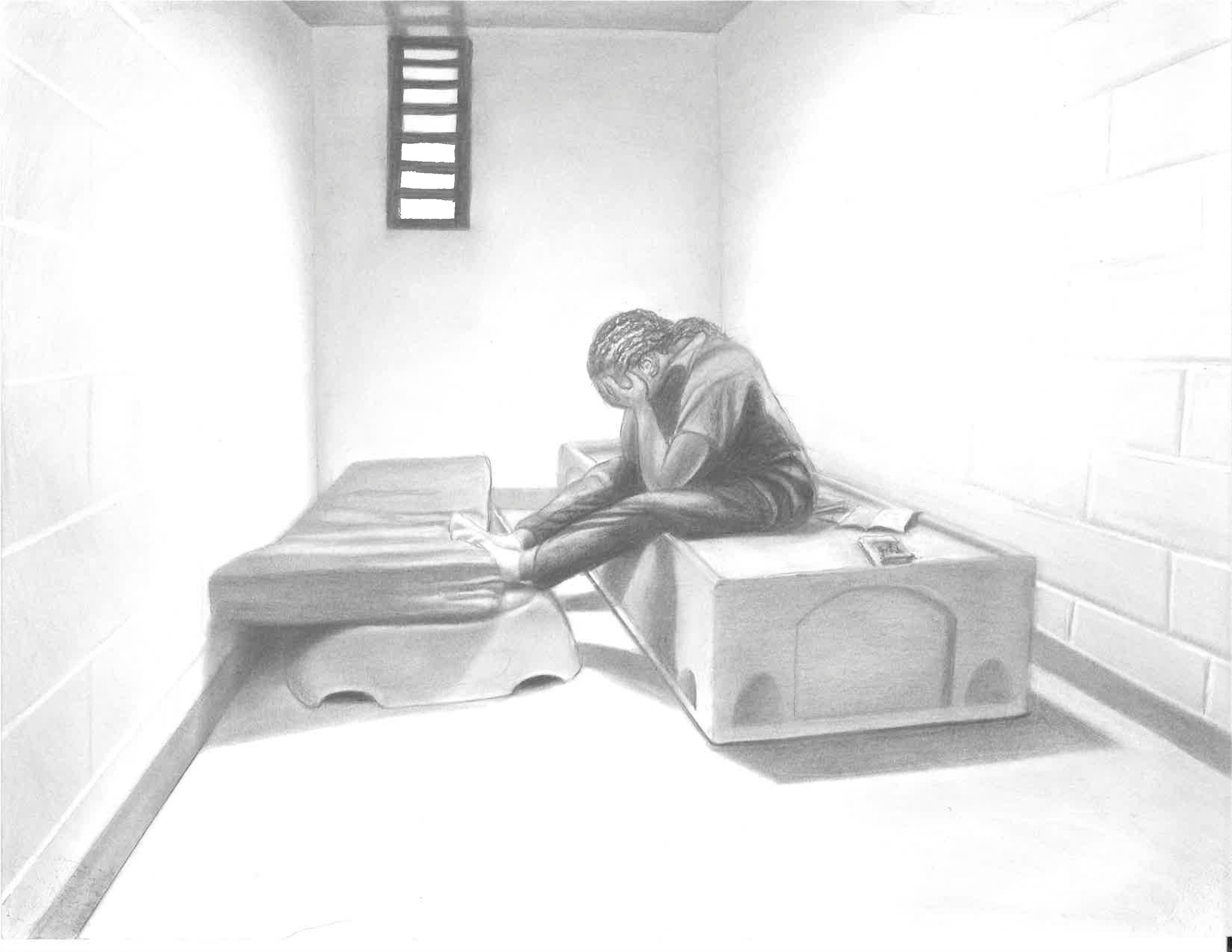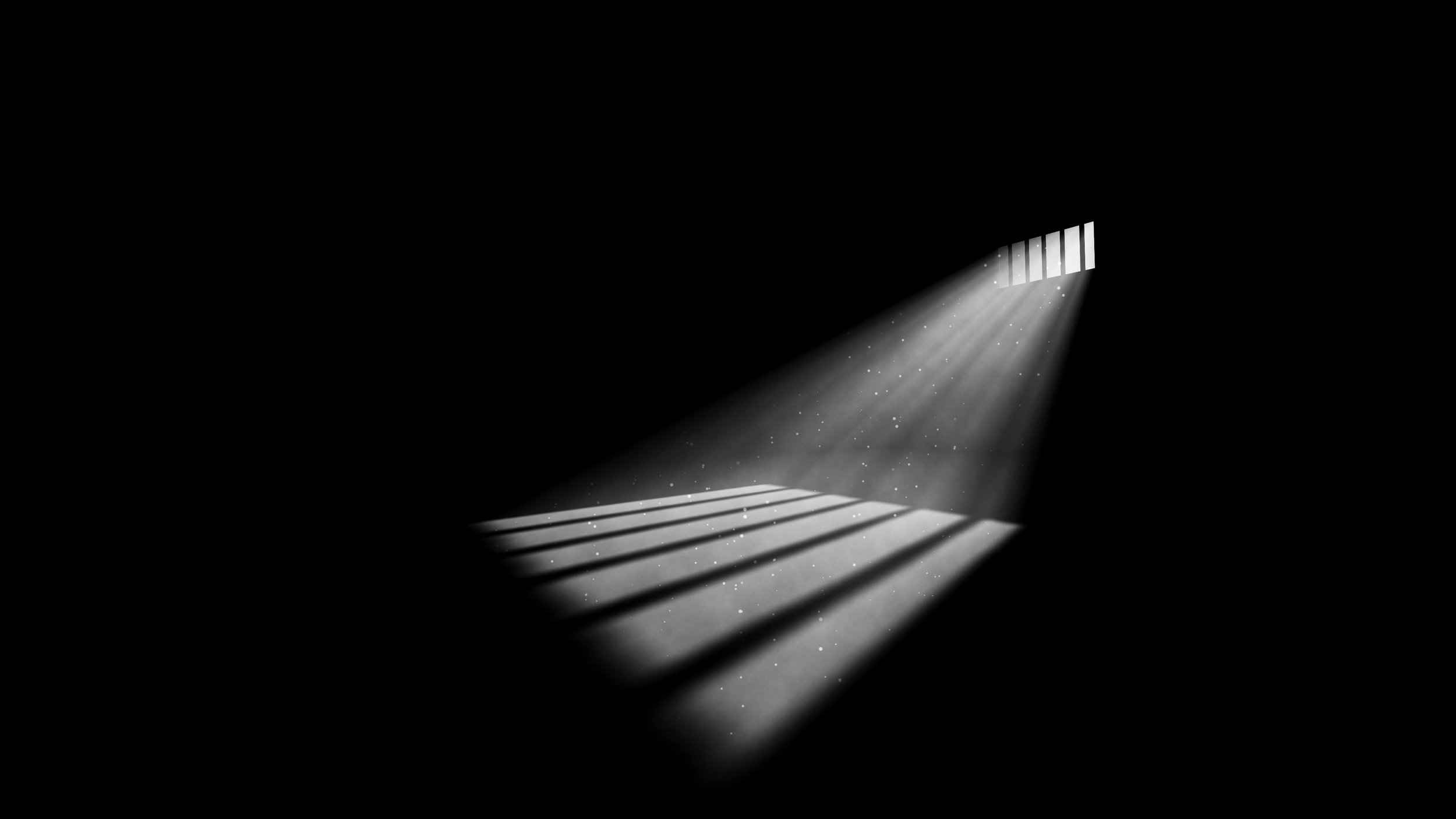
SOCIAL JUSTICE BLOG
Read and share extraordinary stories from the frontlines of social change

The Highs and Lows of Mental Health Care Class Action Litigation in Illinois Prisons
While some progress was made, Illinois Department of Corrections never came close to meeting the requirements of the settlement. It did not have enough staff. Too many people with mental illnesses remained in solitary, no meaningful treatment was provided to people on crisis watch, and it was never able to consistently provide the required out-of-cell time (among other failings). As the residential treatment units began to fill up, correctional treatment officers were no longer part of the mental health team. Many new supervisors, who were transferred from traditional maximum-security prisons, brought their punishment-based culture with them..

Class Action Hero: Denied Mental Health Care, Patrice Makes A Stand For Human Rights
Although acutely suffering mental instability, I never lost the ability to discern what was just. I strongly believed an injustice was occurring that directly and negatively impacted the entirety of my life and those of countless others. I also believed that so long as these things went unchallenged myself and others would continue to suffer. Not only did I want to change what happens within the prisons, I also wanted to raise public awareness of mental illness in relation to solitary confinement – the criminalization of mental illness within the prison walls.
Prisoners Face Hepatitis C Death Sentence
Not only was a de facto death sentence a realistic possibility for many of the prisoners being denied treatment, it was a death sentence of liver failure. I myself have witnessed people die this way. It is a slow and horrifying process, far worse than any sentence, any punishment, or any manner of death penalty, imposed by any state, for any crime. In light of that knowledge, “sentenced to die” is actually putting the matter quite lightly.
